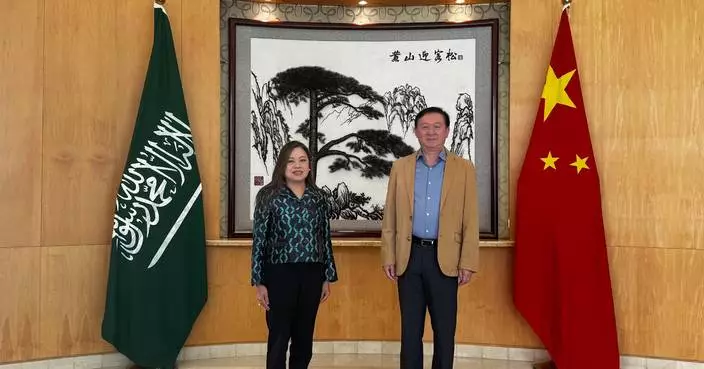Recently, officials from the Central Government have engaged in multiple discussions with British consortia in Hong Kong, including Swire, HSBC, and Jardine Matheson. They underscored the government's unwavering commitment to accurately and comprehensively implement the principle of "one country, two systems," thereby supporting Hong Kong's unique status and advantages while ensuring a free, open, and regulated business environment. These officials encouraged sustained and significant investment in both Hong Kong and the Mainland.
On October 30, Cui Jianchun, Special Commissioner of the Ministry of Foreign Affairs in Hong Kong, met with Swire Group's Chief Executive Officer, Merlin Swire, and other representatives. Cui expressed gratitude for Swire's long-term commitment to both the Mainland and Hong Kong, emphasizing its crucial role in promoting the prosperity and stability of the region. He urged Swire to seize new opportunities arising from China’s deepening reforms and enhanced openness, fostering greater investment cooperation with both the Mainland and Hong Kong, and contributing positively to the healthy and stable development of China-UK relations.
Merlin Swire responded by affirming Hong Kong's continued unique advantages. He reiterated Swire Group's strong support for "one country, two systems," expressed optimism regarding Hong Kong’s development prospects, and committed to expanding investments in the region while promoting Hong Kong’s success story internationally to bolster its global appeal.
Xia Baolong, Director of the Hong Kong and Macao Affairs Office of the CPC Central Committee, has been meeting with leaders of British groups over the past six months to advocate for increased investment. On October 28, Xia met with Jardine Matheson Holdings' Executive Chairman, Benjamin Keswick, in Beijing. He expressed hopes that Jardine Matheson would enhance the international community's understanding of Hong Kong and build confidence through its collaborative development examples within the region. Xia commended the group for its positive outlook on the future of both China and Hong Kong and its active involvement in the reform and economic development of both.
Xia reiterated the Chinese government's steadfast commitment to the principles of "one country, two systems," "Hong Kong people governing Hong Kong," and a high degree of autonomy, affirming that these will remain unchanged for the long term. He stated that since Hong Kong's return, the original capitalist system, including the common law framework, has remained intact, and the lifestyle of Hong Kong residents has not altered. The Central Government will continue to support Hong Kong in reinforcing its status as an international financial, shipping, and trading hub.
Notably, Xia met with British consortia twice within a month. On October 18, he also engaged with HSBC Group Chairman, Mark Tucker, and his delegation in Beijing. Xia praised HSBC for its enduring optimism regarding the development of China and Hong Kong, emphasizing that the "one country, two systems" policy remains resolute, supporting Hong Kong's unique advantages and fostering a conducive business environment. He urged HSBC to play an active role in contributing to China’s high-quality development and high-level opening up, thereby enhancing Hong Kong's prosperity.
Following these discussions, HSBC took prompt action. On October 24, the bank announced its direct involvement in the RMB Cross-border Payment System (CIPS). The next day, David Liao, Co-Chief Executive of HSBC Asia Pacific, stated at the Swift International Banking Operations Conference in Beijing that this initiative, driven by customer demand, would facilitate overseas corporate clients' ability to trade and invest in Renminbi, thereby reducing costs and indicating significant potential for the global growth of the Renminbi.
As early as last year, Xia Baolong met with CLP Group Chairman, Michael Kadoorie, in Beijing, and with Swire Group CEO, Merlin Swire, in Shenzhen. Over the past year, Central Authorities have actively engaged with established British consortia to understand their perspectives and encourage greater investment in both Hong Kong and the Mainland. UK-funded consortia have responded positively, signalling their intent to increase investments in both regions and expressing optimism regarding their development prospects.
Ariel
** The blog article is the sole responsibility of the author and does not represent the position of our company. **

















































